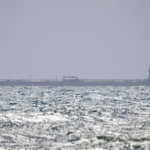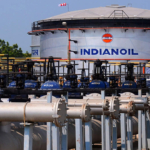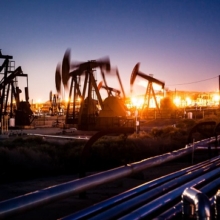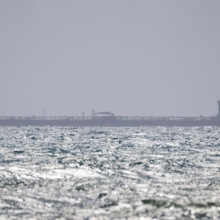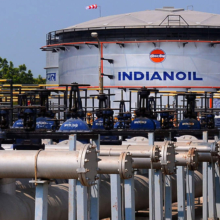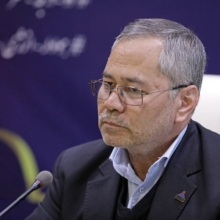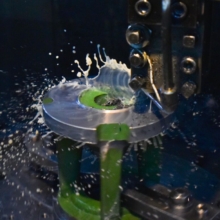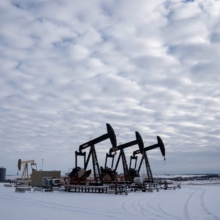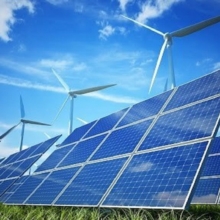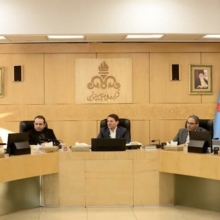President emphasizes need for transition to clean energy President emphasizes need for transition to clean energy
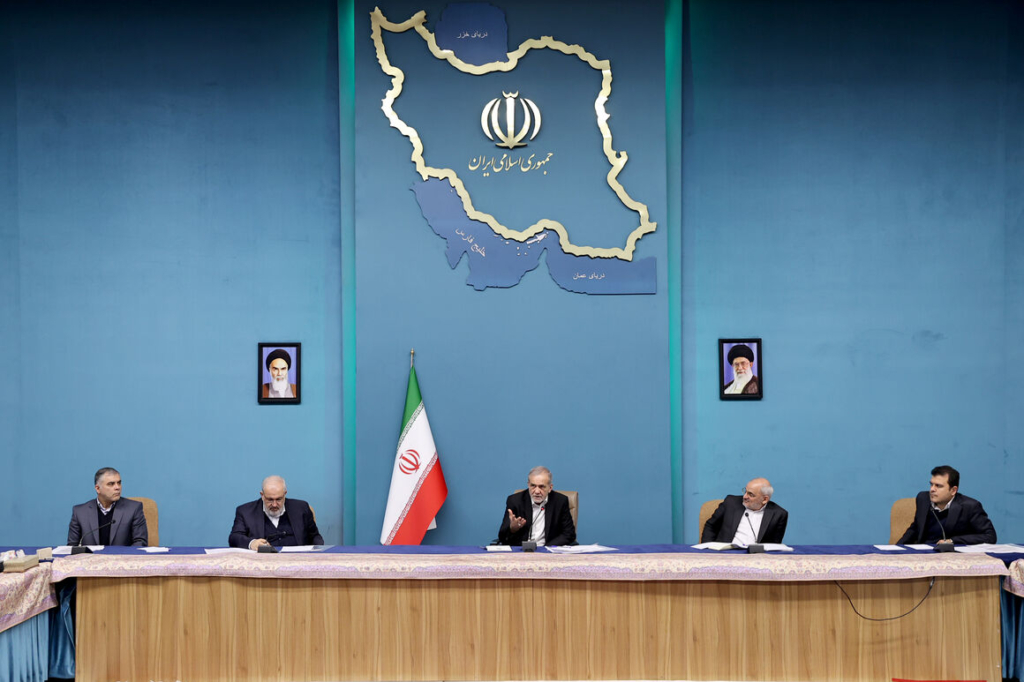
RoydadNaft – President of Iran Masoud Pezeshkian stated that transitioning to clean energy and revising development policies is essential.
During a meeting with steel industry executives, he underscored the government’s commitment to fulfilling its promises to the people.
Pezeshkian acknowledged that while many issues fall outside his direct responsibilities, he personally monitors and follows up on them daily due to the commitments made to the public.
He highlighted the challenges posed by power and gas shortages on production industries, noting that securing a stable fuel supply for industries is a critical issue.
The president called for swift measures to overcome the crisis and achieve a reliable and stable situation.
Planning for 30,000 MW of renewable energy
The president emphasized that there is no alternative but to move toward renewable energy.
He stated that the first step is to reform energy consumption patterns in the country, but the primary focus must be on fully transitioning to clean energy.
To this end, the government plans to produce 30,000 megawatts of electricity from renewable sources next year and expects steel industry leaders to take the lead in investing in this sector.
Pezeshkian criticized past misguided policies in energy-intensive industries, noting that according to the energy minister’s report, industries suffered losses of 175 trillion tomans last year due to energy imbalances.
He argued that allocating a quarter of this amount to renewable energy development could have prevented such losses.
Pezeshkian also pointed out that issuing unsubstantiated permits has caused significant problems and wasted valuable national resources.
The president stressed that the government is not seeking to assign blame but is determined to fulfill its commitments and achieve its goals.
He announced that government agencies will be required to meet their electricity needs by installing and utilizing solar panels, as part of broader efforts to reform energy consumption and promote clean energy use.
Water scarcity: a national crisis
Pezeshkian also addressed the country’s water scarcity crisis, calling it one of the most serious challenges and the most critical national issue.
He noted that the establishment of many industries in arid regions, without considering water resources, has placed additional strain on the water supply network.
Pezeshkian emphasized that any industrial development must be planned with water resources and environmental requirements in mind to prevent exacerbating the crisis.
The president called for industrial companies to play a role in addressing national challenges, urging the steel and other major industries to demonstrate their ability to collaborate with the government, manage resources effectively, and invest strategically to resolve the energy imbalance crisis.
Industry leaders raise concerns
During the meeting, steel industry executives expressed gratitude for the president’s efforts to facilitate production activities but raised issues such as difficulties in project financing, sanctions, government royalty rates on mines, and policy shortcomings.
They proposed solutions, including leveraging Article 42 of the Customs Clearance Law, establishing stable regulations for sales and trade, and increasing the flexibility of the National Development Fund to support industries.
The meeting was attended by Mohsen Hajimirzaei, the president’s chief of staff; Mohsen Paknejad, the oil minister; Abbas Aliabadi, the energy minister; and Hossein Afshin, the vice president for science and technology. They emphasized the need for mutual cooperation between the government and the industrial sector to address crises and move toward sustainable development.


